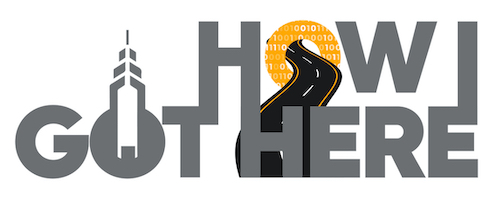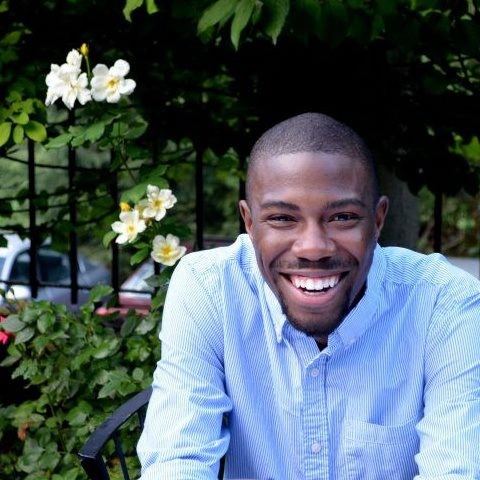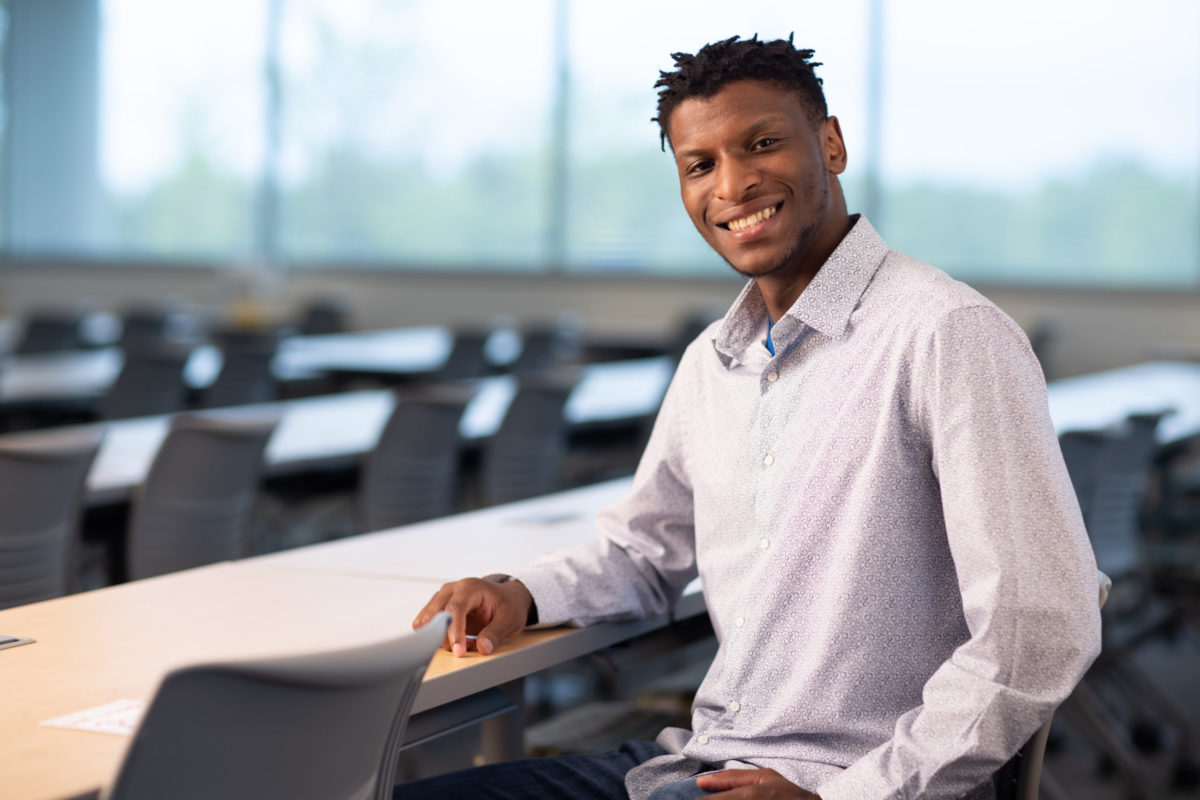It all began with the FIRST Lego League at northeastern Baltimore’s Hamilton Elementary Middle School.
That one touchpoint — a year of building and engineering with Legos — fostered Ethan Joyner‘s love of engineering. The experience put him on the path to studying mechatronics and automation engineering at Morgan State University.
“It’s all sort of a chain reaction thing,” Joyner told Technical.ly. “I would have never been able to just start anywhere midway, at least with my course outline going in. There might have been a few other ways I could have navigated, but I highly doubt it.”
Joyner’s plans were deferred until his junior year of high school at Baltimore City College, when he came across the school’s VEX Robotics team during a break from soccer practice. he dominoes fell from there and he eventually met Jayesh Jariwala, the lead mentor of the Baltimore Bolts. The citywide robotics team competes in the For Inspiration and Recognition of Science and Technology, or FIRST, Robotics Competition, and Joyner spent every day that semester working with robots and engineering from 3 to 10pm.
The opportunities to explore these engineering interests kept coming as Joyner completed subsequent internships at Bolts mentor Sharon Brackett’s company Baltimore DesignWorks, Baltimore Corps and the Baltimore City Office of Information and Technology. He now interns for Pigtown-based health tech company Galen Robotics, one of the Bolts’ sponsors.
All of these positions sprouted from one root: the extracurricular robotics club. This was an important factor in Joyner’s success, especially since the odds of an engineering career without such a touchpoint weren’t in Joyner’s favor. The National Science Foundation notes that Black people are underrepresented in science and engineering (S&E) occupations. According to the Bureau of Labor Statistics, African Americans make up 12.3% of the country’s workforce but only 4.6% of mechanical engineers. Moreover, women constitute 9.4% of the mechanical engineering sector — well below the 47% of the total workforce they represent. One can only imagine how that shakes out for Black women.
Joyner thus pays it forward as a mentor for the same robotics team that opened so many doors for him. He credits his internship with the late Brackett for teaching him everything he knows about CAD, 3D printing, manufacturing and programming.
“She taught it all,” Joyner said. “Last May, she passed away. I’m not going to waste the stuff she taught me. There’s way too much I can do by myself. I was like, ‘Alright, I’m going to go back to [the Bolts] and keep handing down what I know.'”
Here are some of the tips and advice Joyner learned along the way and wants to pass on to those behind him:
- If you can’t implement, you don’t know it.
- You don’t need to know everything to be successful as an engineer: “If you can get what you know working, then you’re golden.”
- Don’t wait for school to teach you. Work on projects and try to bring your ideas to life. You learn more than you expect.
- Being a Bolts team member offers lessons beyond engineering, as he learned website design and data management through that experience: “It’s truly one of those things where you can learn any sort of skill here.”
- “You have to be willing to do the work.” Succeeding and landing internships takes commitment. The time committed behind the scenes, developing skills, pays dividends.
- Learning basic programming in CAD goes a long way at the internship level.
- “Don’t think you’re too dumb for engineering.” One of his mentors felt that way in high school, and she now works in design for a major manufacturer. A GPA isn’t going to make or break your career.
Find examples of Joyner’s work on his website.
Donte Kirby is a 2020-2022 corps member for Report for America, an initiative of The Groundtruth Project that pairs young journalists with local newsrooms. This position is supported by the Robert W. Deutsch Foundation.
This is How I Got Here, a series where we chart the career journeys of technologists. Want to tell your story? Get in touch.
Join our growing Slack community
Join 5,000 tech professionals and entrepreneurs in our community Slack today!
Donate to the Journalism Fund
Your support powers our independent journalism. Unlike most business-media outlets, we don’t have a paywall. Instead, we count on your personal and organizational contributions.

Maryland firms score $5M to manufacture everything from soup to nanofiber

National AI safety group and CHIPS for America at risk with latest Trump administration firings

How women can succeed in male-dominated trades like robotics, according to one worker who’s done it


